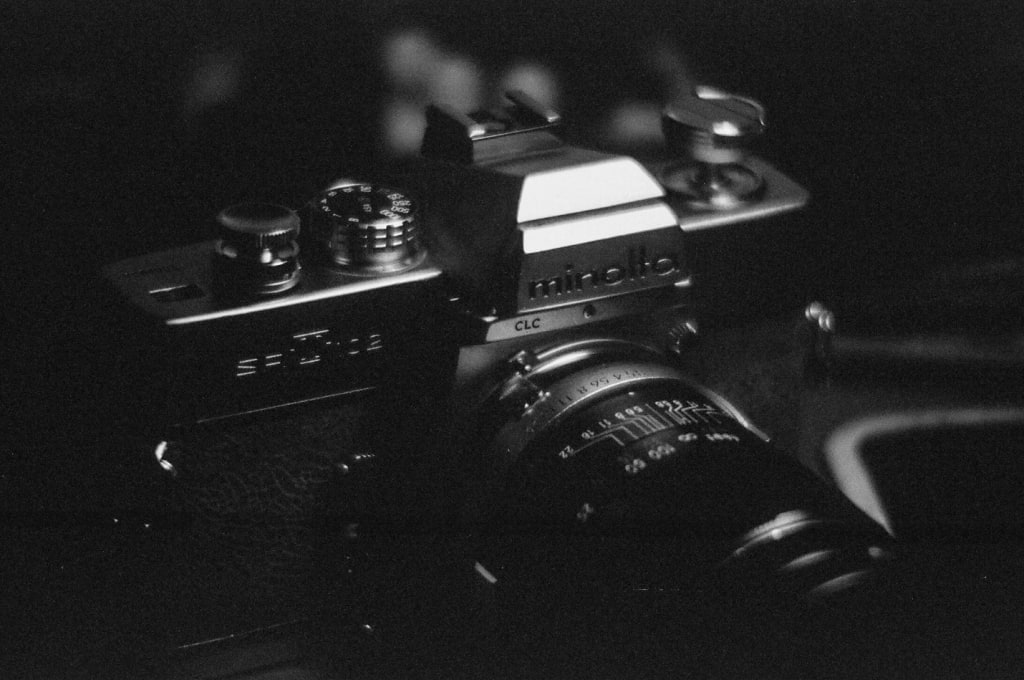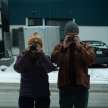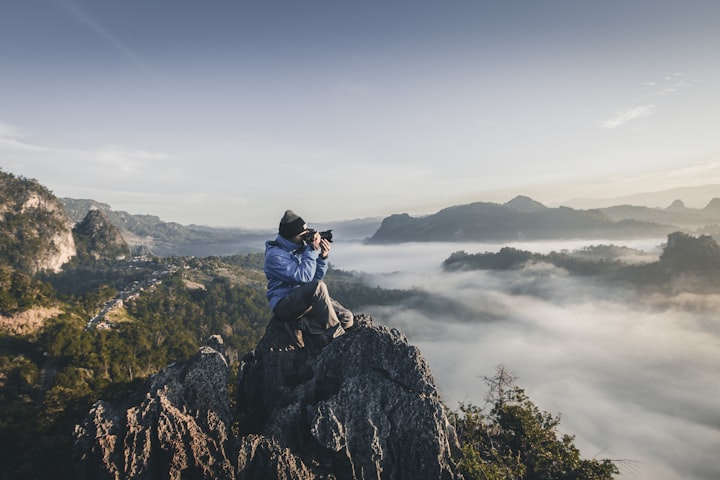Film Photography in the Digital Era
An opinion and analysis of the good and bad.

Film Photography in the Digital Era.
Film photography has been around for over a century, but with the rise of digital photography, many people believe that film has become obsolete. However, there are still many benefits, both nostalgic and real, to shooting on film. Even in the modern era of digital convenience.
One of the most accepted benefits of film photography, and the reason for its resurgence in popular culture, is its unique aesthetic. Film has a certain quality that is difficult to replicate digitally. Each type of film stock has its own distinct look, and this can add a level of depth and texture to your images that digital photography can't quite capture. The warmth of the colors and the natural grain made by the structure of the film is unique and doesn’t fit well with the pristine idea of digital perfection. The grain present in film is almost as beautiful as anything you could produce with it. The grain in film is basically small particles of a metallic silver and dyes that interact with the development chemicals to produce a certain color, or shade. They function similarly to pixels but instead of a nice perfect grid, they exist randomly and densely spread across the film surface. This is what personally gathers the most attention. If someone were to use the same digital camera as you on the same day and in the same place they could theoretically take the same picture, the structure of film makes images truly unique, and the chaos in many ways mimics systems found in nature rather than mathematical machine learned organization.
Film photography also has huge benefits for the photographer. This is on a more artistic basis though as functionally it is more of a process to get a finished image and takes much longer. It forces you to slow down and be more intentional with your shots. With digital photography, you can take hundreds of shots in a matter of minutes, but with film, you only have a limited number of shots on a roll of film. This gives the illusion of urgency and makes you consider your shots more than you otherwise would. The limitation of not being able to see the image before its composed or directly afterwards helps with paying attention to the details and cold facts that really matter. You’re suddenly forced to meter highlights separately to not blow out parts of the image, really picture the composition, and take your time to make sure every piece of the scene is perfect. My main personal drive or this is the pleasure in getting a whole roll back of absolute gems, another huge drive is the cost. With current film prices that one frame might cost you more than a dollar. The rise in photography pricing is not a mystery though and a normal part of the ascension of what was once a tool to an art and form of expression.
Shooting on film can also be a great way to learn the fundamentals of photography for the same reasons listed above. A Manual camera without a meter or assistance forces you to memorize some basics that have sort of been lost to time, the sunny 16 rule being one of them. You now also are required to actually learn what things like aperture are functionally rather than just how if effects the final image. I think film photography leads to better and more deliberate photography. It was invaluable to me as a learning tool, and I feel others would think similarly.
Another benefit of film photography is its longevity. When properly stored, film negatives can last for decades, if not longer. This means that your images can be preserved for generations to come. Data storage devices are constantly revamped and redone and who knows what the future may hold. I have owned a lot of digital cameras from the early 2000s. These, ranging from SLR’s to Digicams, take a huge variety of storage media. Things are a lot better now and standardization between competitors is common but again, no one can predict the future. If stored properly film negatives could be seen by the naked eye for hundreds of years or more.
Despite all its negatives I usually recommend people to shoot film first, digital photography doesn’t carry any risk of failure. The importance of failure has been lost on society as that seems like a benefit. Personally, I believe the risk of failure, and the foreshadowed act of failure, are the most important parts of learning. Photography is not at its roots a logical pursuit, and technically you can take perfect photos every time. It’s the ups and downs of learning that help us really build the skills to create something bordering on the absurd and incredible rather than mundane perfection.
While digital photography has certainly revolutionized the way we take and share photos, and the industry as a whole. Film photography still has a place in the modern era and should always have a place. Film is an invaluable artistic medium that has ascended mainstream usefulness and gained a pedestal as simply a medium. In the same sense that paintings used to be the only way to create an image, and now exist as a luxury, so does film. This can be seen in the recent price hikes and the vast price difference in getting photos taken on a digital medium vs film. Hopefully film stays in this place, as the glorification of the medium will hopefully lead to its preservation. However, there are a lot of issues with the film photography industry that may prevent the recent popularity from being sustainable over a long period of time. The medium of film is historically significant, invaluable as a learning tool, and one of the greatest artistic mediums humanity has ever created. Let’s hope that it remains affordable and accessible for all as the years go on.
About the Creator
Ivor Forrest
Currently living in Ucluelet B.C. I am a photographer and self employed camera technician living in a 1974 GMC Vandura RV I build with my girlfriend.






Comments
There are no comments for this story
Be the first to respond and start the conversation.